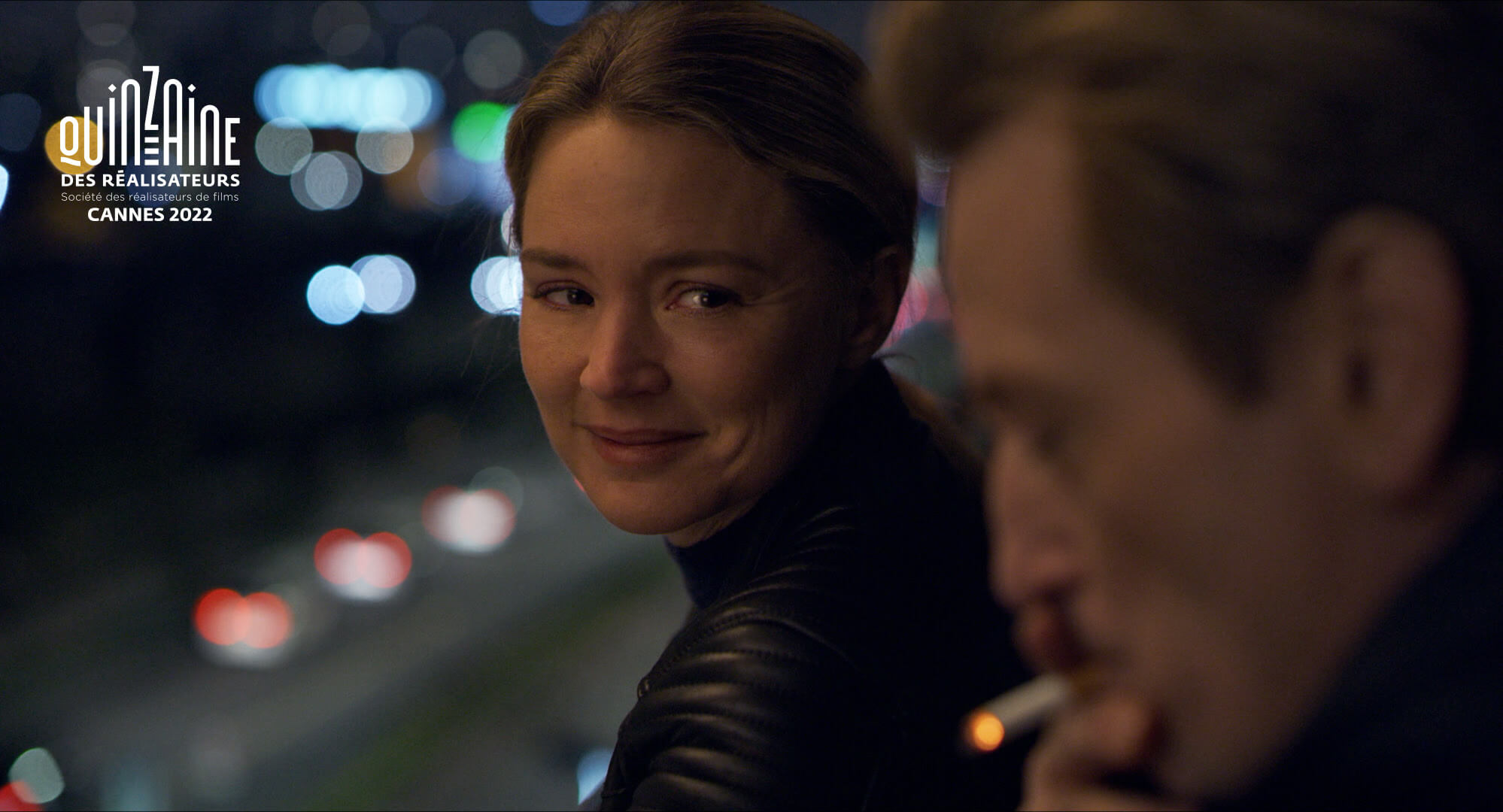“A survivor of a terrorist attack tries to find the man who held her hand throughout the ordeal.” Despite what sounds like a cheesy, potentially exploitative premise, Revoir Paris (Paris Memories) turns out to be the exact opposite – a sensitive, personal, humanistic drama that gently touches the heart throughout.
I was initially worried when it became obvious that the terrorist attack would be the inciting incident placed around the 10-minute mark. But once that sequence hit, it proved my fears wrong: Revoir Paris is entirely uninterested in the action or the perpetrators, whose faces are obscured. Whereas the American version of this movie, which we’ve seen so many times this century, would focus on the religious and ethnic backgrounds of the terrorists or the “valiant” efforts of anti-terrorism by the authorities in response, Revoir Paris is only concerned with the solidarity and camaraderie between the survivors. The movie acknowledges the massive effort it requires or near-impossibility of the survivors recovering, but it nonetheless inspires hope for them. It is clearly made with the weight and trauma of the terrorist attacks Paris has endured, and transforms that energy into love for a city’s people not institutions.
The highly specific stories of the survivors show a degree of personality and authenticity usually absent from a film like this. So it’s no surprise that director Alice Winocour (Proxima) revealed in the post-screening Q&A that her brother is a survivor of the Bataclan attacks and texted her throughout the ordeal. The movie is structured around the personal accounts of the survivors, and whereas one might expect a few of them to be archetypal assholes or shell-shocked victims, Winocour treats each one gently and gives them strengths and vulnerabilities, despite their limited screen time. She uses Virginie Efira’s Mia as the audience surrogate into the other survivors’ stories, but doesn’t have to sacrifice Mia or the others’ depth and complexity. This is efficient and rich character writing.
It surprised me to see Stéphane Fontaine’s name in the credits, a cinematographer who has turned in much more stylized work like Jackie (2016) in the past. Revoir Paris is indeed a little bland or generic-looking, complete with the obligatory neon-lit nightclub scene, but it appears to be a conscious choice by Winocour. The cinematic methods depicting PTSD are appropriately subdued, emphasizing the survivors’ experience instead of the gimmick of the devices. Just a few of these devices are too clichéd or safe, slightly cheapening or ruining the authenticity, but even sentimentality feels earned for this subject matter. Instead of flashy tricks, Winocour smartly relies on close-ups of star Virginie Efira, who turns in a totally opposite performance from the one in last year’s Palme d’Or-competing Benedetta. Whereas she flailed with fire in that, her Revoir Paris performance is deftly controlled, mostly in a toughened exterior but with a few unmissable moments of weakness to complete the character. Revoir Paris shows that Efira can do anything, and she deserves unstoppable stardom by now.
